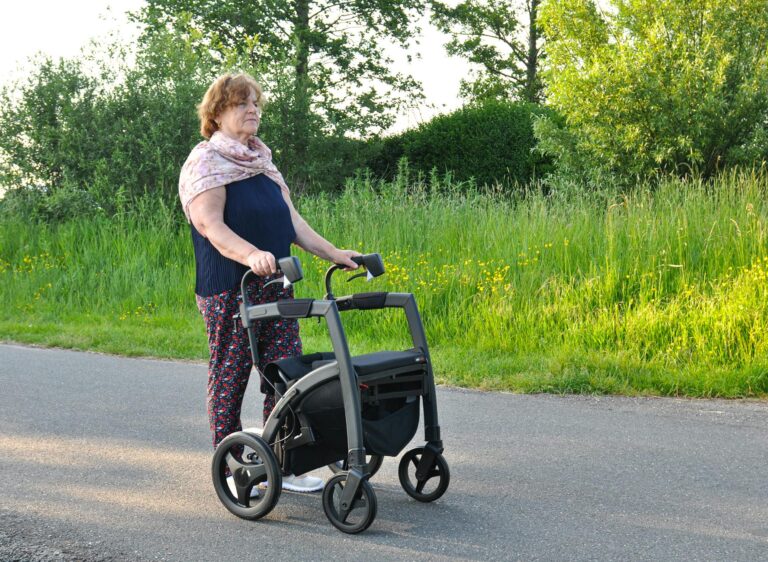When it comes to preventing dementia, we often think of things like eating a healthy diet and staying physically active. However, recent studies have shown that attending lectures or educational events may also play a crucial role in keeping our brains sharp and potentially preventing dementia.
Dementia is a broad term used to describe a decline in cognitive function that affects daily activities. It is most commonly associated with conditions like Alzheimer’s disease, but there are many different types of dementia. While there is currently no cure for dementia, there are steps we can take to potentially reduce our risk of developing it.
One of these potential steps is attending lectures or educational events. But how exactly does this help prevent dementia? Let’s take a closer look.
Expanding Your Knowledge
One of the main ways that attending lectures or educational events may help prevent dementia is by expanding our knowledge and stimulating our brains. When we engage in lifelong learning, we are constantly challenging our brain with new information and concepts. This can help improve cognitive functioning and potentially reduce the risk of developing dementia.
A study published in the journal Neurology found that people who engaged in mentally stimulating activities, such as attending lectures or participating in educational programs, had a decreased risk of developing dementia compared to those who did not engage in these activities. The researchers suggest that this may be due to the fact that these activities promote cognitive reserve, which is the brain’s ability to adapt and function despite age-related changes or brain damage.
Social Interaction
In addition to expanding our knowledge, attending lectures or educational events also provides an opportunity for social interaction. Social interaction has been linked to improved mental health and well-being, as well as reduced risk of dementia.
When we attend lectures or educational events, we are exposed to new people and ideas, which can stimulate our brains and keep us socially engaged. This is particularly important as we age, as social isolation has been identified as a risk factor for developing dementia.
Stress Reduction
Another potential benefit of attending lectures or educational events is stress reduction. Chronic stress has been linked to an increased risk of developing dementia, as well as other health issues like heart disease and depression.
However, engaging in activities that we find enjoyable and intellectually stimulating can help reduce stress levels. Attending lectures or educational events can provide a break from our daily routines and give our brains a chance to relax and rejuvenate.
Continued Learning
One of the unique advantages of attending lectures or educational events is that it allows for continued learning. While traditional education ends after we graduate from school, attending lectures or educational events provides opportunities for lifelong learning.
Lifelong learning not only keeps our minds active and engaged, but it also helps us stay up to date with current events and advancements in our fields of interest. This can be particularly beneficial for older adults, as it can help combat the decline in cognitive function that often comes with aging.
Conclusion
While there is no surefire way to prevent dementia, attending lectures or educational events may play a crucial role in keeping our brains sharp and potentially reducing our risk of developing this debilitating condition. By expanding our knowledge, promoting social interaction, reducing stress, and fostering continued learning, attending lectures or educational events can provide numerous benefits for our overall brain health. So the next time you have the opportunity to attend a lecture or educational event, consider taking advantage of it – your brain will thank you.





